10 Best Home Remedies for Cholesterol
Lowering your cholesterol is one of the most effective ways to reduce your heart disease risk, heart attack and stroke risk. And there are certain Home Remedies to Reduce Cholesterol so after using these you can reduce cholesterol yourself.
High-density lipoprotein (HDL) or “good” cholesterol helps remove excess cholesterol from the body. Low-density lipoprotein (LDL) or “bad” cholesterol can cause cholesterol to build up in the arteries.
Low HDL or high LDL cholesterol increases the risk of coronary heart disease. LDL cholesterol forms a substance called plaque in the arteries of the heart. Over time, this plaque can build up, form a clot, and block the arteries of the heart. This may result in chest pain or a heart attack.
High cholesterol usually means too much LDL. There are no symptoms, so many people are unaware they have it. Having high cholesterol can double the risk of heart disease, compared with normal levels.
1. Avoid tobacco
Cigarette smoke increases LDL, or "poor" cholesterol levels, and a blood fat called triglycerides. Those cause your arteries to build up waxy plaques. At the same time, it reduces HDL, or "healthy" cholesterol — the kind that prevents the formation of plaque.
The best thing you can do to reduce the risk of heart disease and stroke would be to stop smoking. But that is not easy. Distractions in one's path can be a major aid in stopping their tobacco addictions. Chewing gum, physical exercise or even household tasks are healthier ways that you should use to maintain a decent level of cholesterol.
If you couldn't leave on your own, that's okay. Contact UPMC Pinnacle's Tobacco Cessation program today to ask for support. Often you need only a helping hand.
Keep off saturated fats. It may sound counterintuitive, but while the amount of cholesterol in your diet has some effect on your blood cholesterol level, it's actually the amount of saturated fat you consume that has the greatest dietary impact on your blood cholesterol levels. The more saturated fat — the kind found in whole-milk dairy products, red meat marbling, poultry skin, and certain oils commonly used in commercially prepared baked goods — the more cholesterol in your blood is in your diet. Verify that food labels compare the saturated fat content and select the one with the lowest.
2. Limit alcohol
American Heart Association advises that for optimum heart health alcohol intake should be restricted or eliminated. Ferentz recommends restricting alcohol to one drink a day for women and two drinks a day for men.
Low alcohol intake levels can increase HDL levels — and having some red wine may actually be good for the heart. But consuming too much alcohol may have a harmful impact on heart health.
3. Garlic
Garlic is an edible bulb which has been used for thousands of years as a cooking ingredient and a medicine. They can be baked or eaten raw. It's also available as an add-on, as a capsule or tablet.
Some research indicates that garlic can help lower blood pressure, lower blood cholesterol levels and delay atherosclerosis progression, reports NCCIH. However, the trials have yielded mixed results, as with many alternative treatments. Some studies have shown, for example, that taking garlic for one to three months helps to lower blood cholesterol levels. An NCCIH-funded review of the safety and efficacy of three garlic preparations, however, found no long-term effect on blood cholesterol.
4. Flaxseed
Flax is a blue flora produced in temperate climates. Both the seeds and the oil from them are strong sources of omega-3 fatty acids that have a range of health benefits, including elevated levels of HDL cholesterol.
Use its oil or eat flaxseed ground, not whole, to get the best health boost from flaxseed. Our bodies cannot break down the seed's glittering outer shell.
5. Red yeast rice
Red yeast rice was used in experiments to reduce cholesterol and was commonly used in the over-the-counter Cholestin supplement. FDA took Cholestin off the market in 2001, however, because it contained lovastatin, a compound found in the Mevacor cholesterol prescription drug. "Cholestin" reformulated no longer includes red yeast rice. Other rice-containing red yeast supplements currently available in the US will contain only very small amounts of lovastatin. The FDA does not allow the promotion of cholesterol-lowering red yeast rice.
6. Eat more soluble fiber
Soluble fiber reduces levels of LDL cholesterol but does not affect levels of HDL cholesterol or triglycerides. Consuming too much soluble fiber can cause constipation, bloating and pain in the stomach. People should try to gradually increase their soluble intake of fiber over time.
Soluble fiber absorbs water in a person's digestive tract to produce a dense, gel-like paste. Soluble fibre not only helps digestive health but also decreases LDL cholesterol levels and improves optimal cardiac health.
A 2017 study explored the advantages of a high-fiber diet in 69 Asian Indians with cholesterol levels higher than average. Participants eating 70 g of soluble fiber per day had lower levels of total cholesterol and LDL cholesterol than those who consumed their regular diet. Foods high in soluble fiber include vegetables, fruits, whole grains, including oatmeal, brown rice, legumes, etc.
7. Hawthorn fruit
Some studies have found hawthorn can decrease blood cholesterol levels. Hawthorn leaves, fruit, and flowers have all been used for hundreds of years medicinally to treat heart conditions including high cholesterol.
While hawthorn may be safe, people with high cholesterol or heart disease should ask a doctor to take this supplement before taking it. It can interfere with many medicines, including several medicines prescribed for cardiac disease.
8. Green Tea
After water the liquid most consumed; green tea is a rich source of polyphenols. These compounds provide the human body with tremendous benefits for health. Green tea has the highest polyphenol concentration associated with not only reducing the LDL cholesterol but also increasing the HDL cholesterol levels. Population-based research has shown that men who drank green tea had lower levels of cholesterol compared to those who did not. Studies have suggested that tea polyphenols can inhibit and also help get rid of cholesterol absorption in the intestines. 2-3 cups of green tea are exactly what you need.
9. Turmeric
Turmeric helps to break down plaque or cholesterol deposits on artery walls. Before sleeping, add turmeric to your curries or drink turmeric milk to help reduce bad cholesterol. The best way though is first thing in the morning to have half a teaspoon of turmeric with warm water.
10. Amla
It is one of the richest sources of Vitamin C and phenolic compounds in addition to minerals and amino acids. The fruit of amla has been used in Ayurveda as a rasayan for the treatment of various diseases. A study published in the Indian journal of Pharmacology, compared the effect of cholesterol lowering drugs against amla. In addition to reducing cholesterol, amla was found to provide the additional benefit of protection against atherosclerosis and CAD. Daily intake of amla not only reduces bad cholesterol levels but also reduces the damage due to oxidation. One to two amla fruits can be consumed daily.



 Contact Us
Contact Us







 Hospitals
Hospitals
 Doctors
Doctors
 Diagnostic
Diagnostic
 Pharmacy
Pharmacy
 Health Tips
Health Tips
 Blog
Blog










 KayaWell Expert
KayaWell Expert
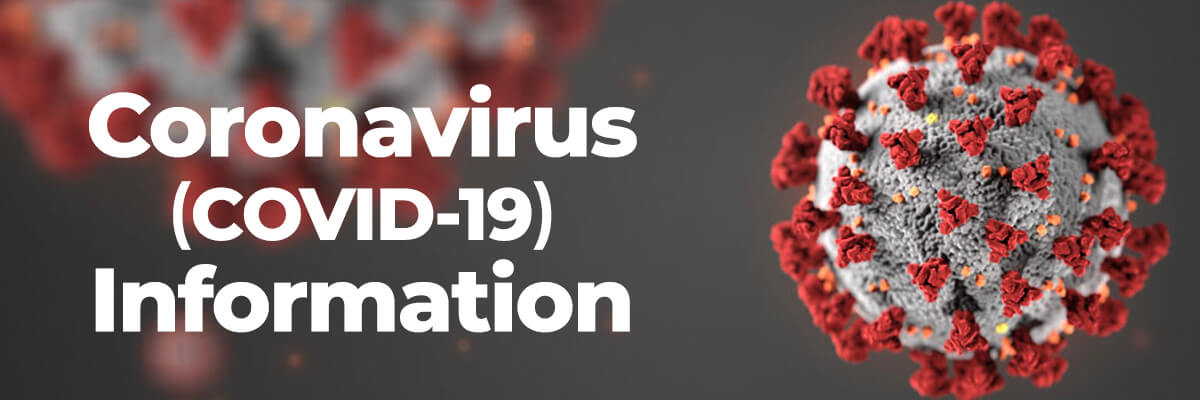
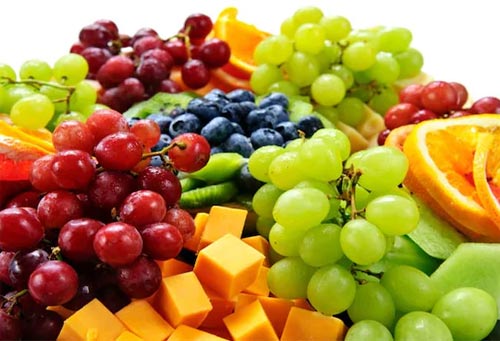


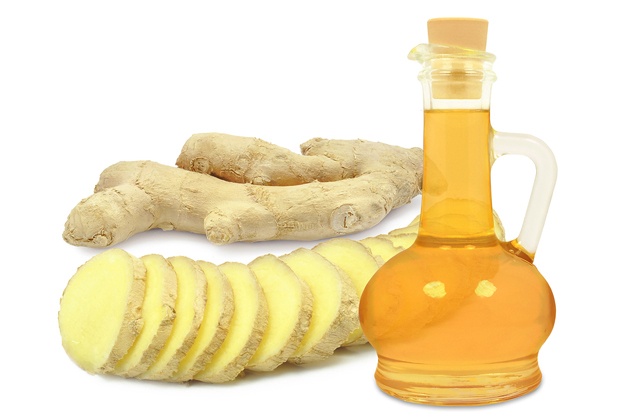
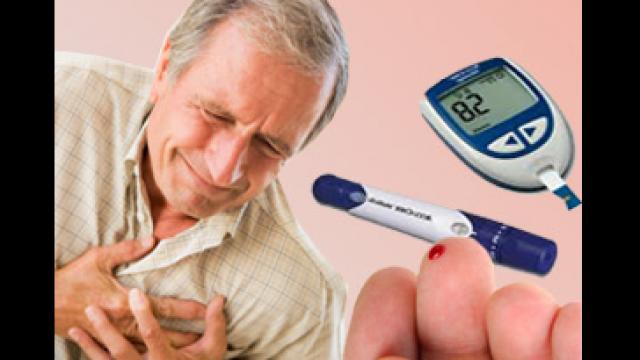

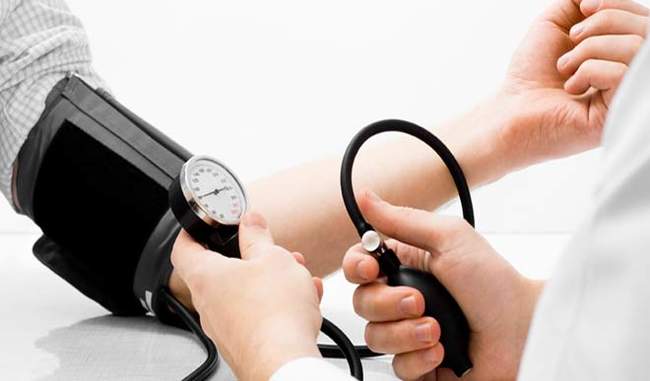
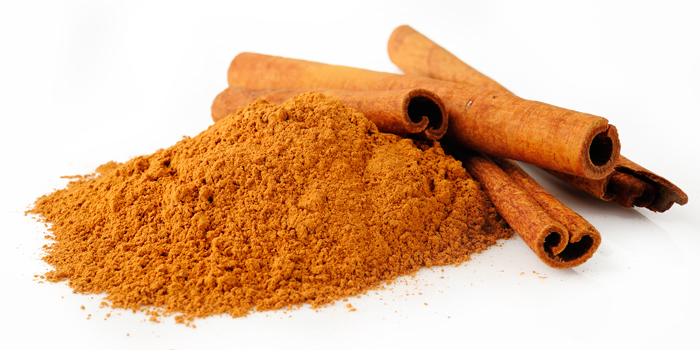

Comments